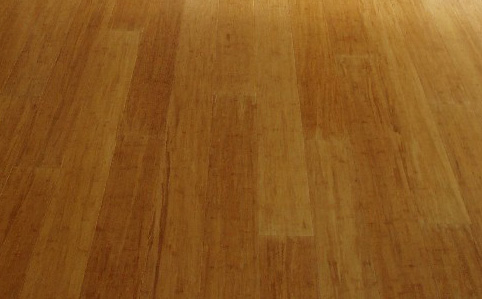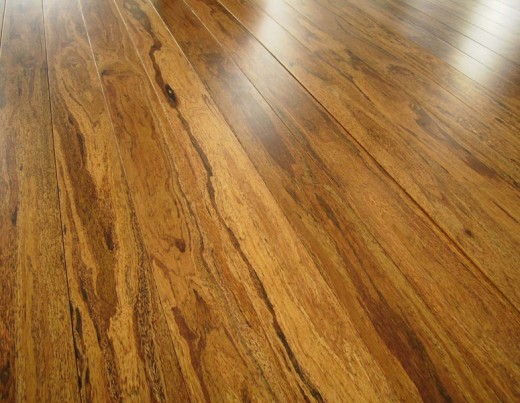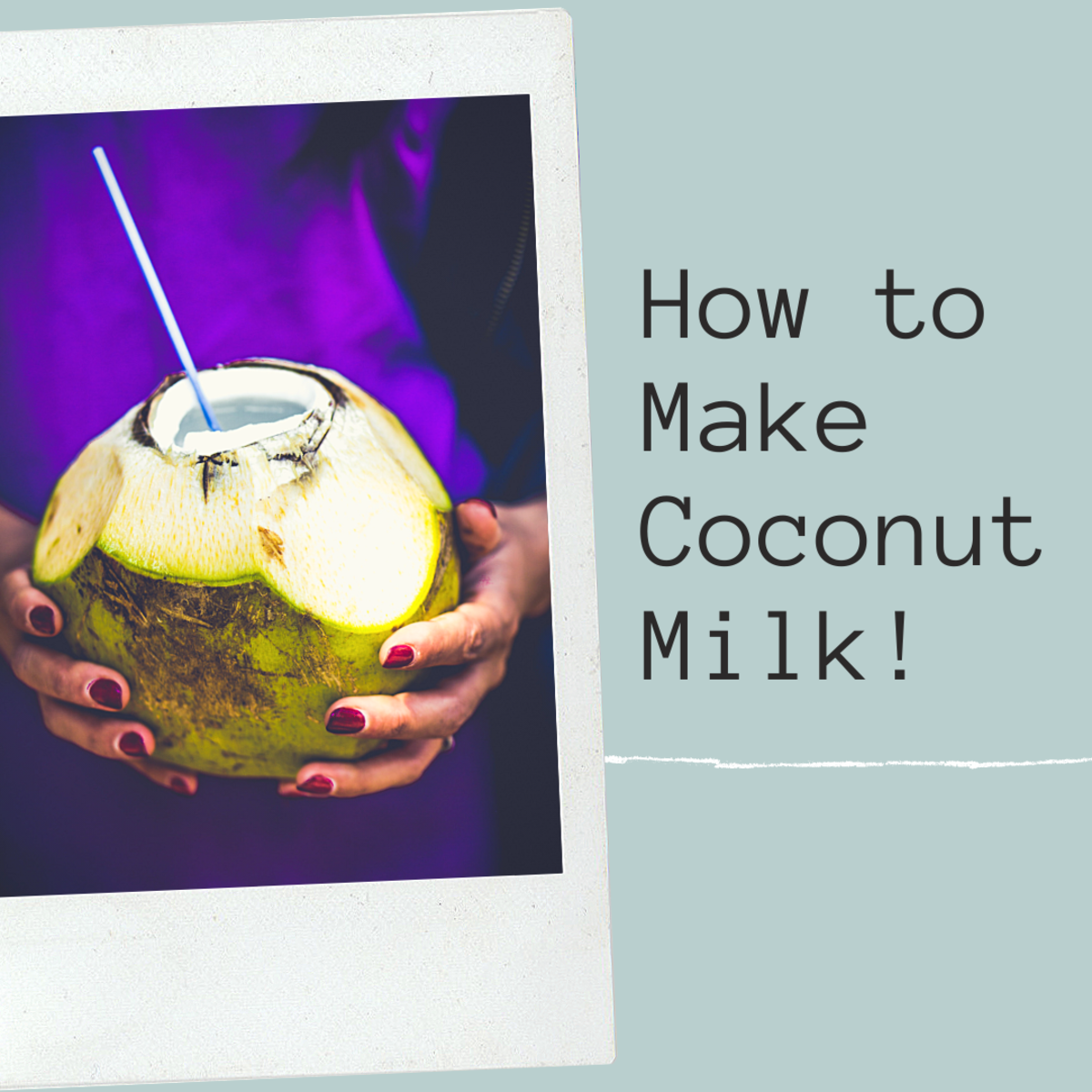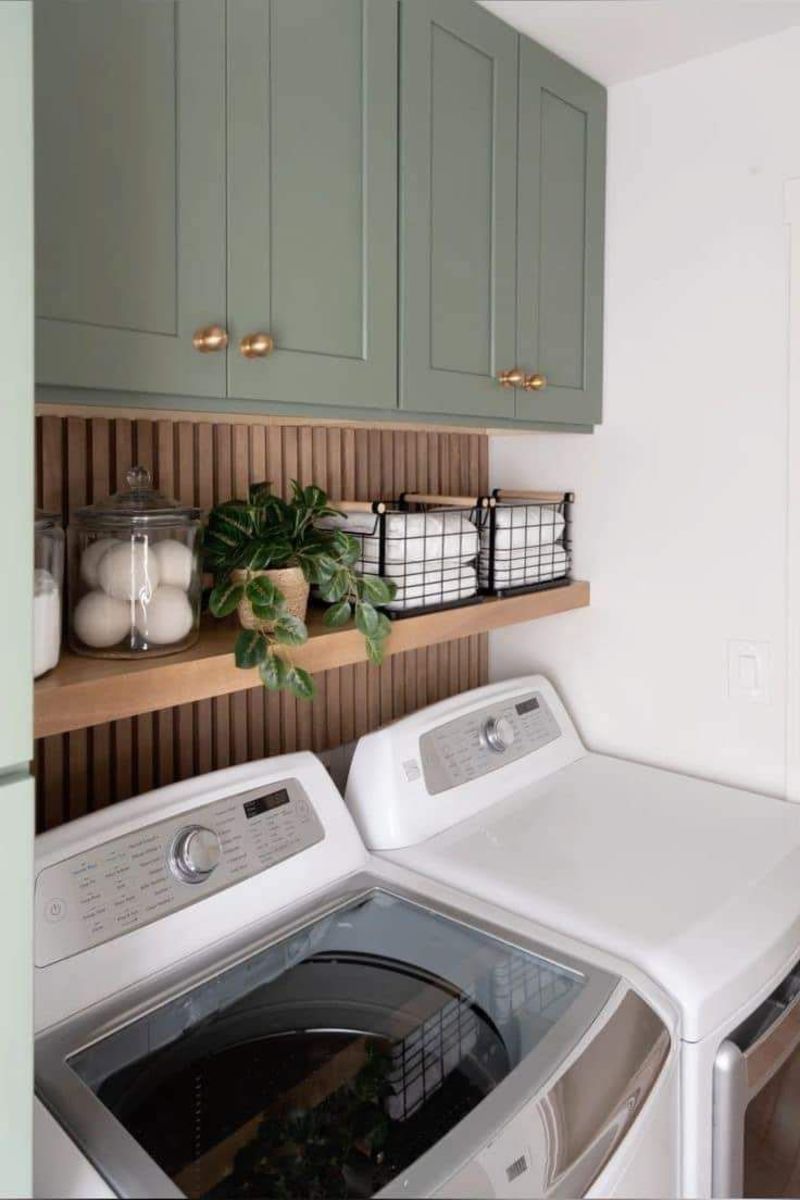- HubPages»
- Home and Garden»
- Home Decorating»
- Interior Design & Decor
A Comparison between Strand Woven Bamboo Flooring and Coconut Flooring
More about coconut
Strand woven bamboo flooring and coconut flooring are both made from renewable resources and so both are examples of sustainable flooring. These two types of environmentally friendly flooring share several striking similarities.
Coconut palms grow in hot and humid climates. Since coconut palms cannot survive frost they mostly grow in the tropics. The biggest producers of coconuts in the world are the Philippines, Indonesia, India and Brazil. Many islands in the South Pacific rely on coconuts as an essential part of their diet and income. A coconut can grow from a seed to full maturity in just 5 or 6 years. It is this incredible rate of growth that makes coconut palms a renewable resource. Unlike bamboo, coconut is not harvested for flooring when it first reaches maturity. Instead coconut palms are left for 60 or 70 years while they produce coconuts. After that time they stop producing coconuts and are called senile palms. There are millions of senile palms in the world. They represent an under-exploited resource. Although coconut palms are not trees, the timber from senile palms is strong and hard with a beautiful end grain. This timber is ideal for making flooring from.
bamboo flooring

More about bamboo
Bamboo grows in a much wider area than coconut palms. Like coconut it is
not a tree. It is a woody plant, and a unique one at that. It is the
fastest growing species on the planet. Bamboo is ready to harvest in
just 5 to 7 years. There are many advantages to bamboo cultivation. It
propagates through a root system so doesn’t have to be planted. It has a
natural resistance to pests and pathogens and so doesn’t need
pesticides to flourish. Planting bamboo stops soil erosion and cleans
the soil. And bamboo produces more oxygen than trees.
To make
bamboo flooring the bamboo is cut and dried and then glued as vertical
or horizontal flooring planks. To make strand woven bamboo flooring the
bamboo is cut into strands which are then treated with heat, pressure
and a glue to produce a hard block of bamboo. This block is then cut
into strand woven bamboo flooring planks. The advantage of strand woven
bamboo flooring is that it is much harder than vertical or horizontal
flooring. The downside is that it requires an adhesive for its
production. More reputable producers of strand woven bamboo flooring use
a low VOC adhesive, but so far nobody is making VOC free strand woven
bamboo flooring. In contrast it is possible to buy coconut flooring made
without VOC, especially if you opt for coconut flooring without
urethane sealer then you can get VOC free flooring. However, the reality
is that the more protective finishes, even those with water based
solvents, all contain small amounts of VOC.
Coconut flooring

Comparison of bamboo and coconut
In terms of
performance strand woven bamboo flooring and coconut flooring are
similar. Both are strong, hard and durable flooring types that with a
minimum of maintenance can last a lifetime. They are both capable of
withstanding high traffic and heavy furniture. Strand woven bamboo
flooring has an incredible Janka Hardness Rating of 2,500 pounds force.
Coconut flooring has a Janka Hardness of 1,600 pounds force. Both are
harder than oak, ash and many other common hardwoods.
Although
strand woven bamboo flooring and coconut flooring each have their own
distinctive appearance, they are similar in that they are both natural
looking flooring types with a grain. Both types of flooring are
available in lighter natural tones and darker ‘carbonized’ tones. Both
look like hardwood and perform like hardwood flooring.
In terms
of health, both bamboo and coconut flooring offer hard surfaces that are
easy to keep free of dust mites that frequently trigger allergic
attacks. However, strand woven bamboo flooring is also anti-microbial
and has a natural ability to fight off pathogens. This amazing ability
has lead to many people asking for bamboo floors and bamboo linen in
hospitals.
Finally, in terms of price coconut flooring and strand
woven bamboo flooring are usually cheaper than hardwood flooring.
Coconut flooring is still a relatively new idea so it might be easier to
buy strand woven bamboo flooring from a local dealer than it is coconut
flooring. Both strand woven bamboo flooring and coconut flooring are
excellent and beautiful looking alternatives to hardwood flooring.
Sustainable flooring resources
- Cork Underlayment - Best Choice For the Environment
Not only does cork make great flooring it also makes great underlayment for a variety of flooring types. The reason why cork makes good underlayment is that it is a flexible and strong material that nicely corrects any imperfections in the sub-floor. - Strand Woven Bamboo Flooring
A blog devoted to strand woven bamboo flooring. - About Coconut Flooring
Coconut has a fantastic end grain which makes coconut flooring very attractive and similar to hardwood flooring. - A Comparison between Strand Woven Bamboo Flooring and Cork Flooring
Both strand woven bamboo flooring and cork flooring are sustainable flooring types because they are made from renewable resources. This post will compare these two types of flooring. - Cherry Trees and Reclaimed Cherry Flooring
The Cherry belongs to the Prunus genus which is a genus with over 430 species that include the peach, the almond and the apricot tree. - About Cork Bark and Cork Flooring
Cork has been used since ancient times. It is an incredibly versatile material that man has been using for millennia. As far back as 2500 BC the ancient Egyptians were using cork for fishing floats. - Buy Cork Flooring
Cork is perhaps the most environmentally friendly flooring type available for purchase. - Why You Should Buy Reclaimed Hardwood Flooring
One and a half acres of rain forest are lost every second. That is, to put it mildly, an unsustainable rate of consumption of the planets most necessary species of flora. Without trees the planets... - Review of Reclaimed Black Locust and Jatoba Flooring
The great thing about reclaimed hardwood flooring is that you can feel good about wood again. You no longer have to purchase hardwood with a bad conscience. - Before You Buy a Hardwood Floor Consider This
Before you buy a hardwood floor you should consider the future health of the planet. Every second an acre and a half of rainforest is cut down. In 40 years there will be no rainforests left. - Why You Should Buy Reclaimed Oak Flooring
Oak trees are become rarer and rarer. Because trees of the quercus genus are so useful, beautiful and strong they are too prized. Oak trees are being rapidly depleted around the world because oak is such a... - Suberin in Cork Flooring
Cork is a renewable resource that makes excellent flooring. One of the reasons that cork is a good material for flooring is that it contains suberin.
Coconut Links
- Coconut Oil Benefits | About the benefits of Coconut Oil
About the benefits of coconut oil, coconut milk, coconut water and coconut flour. - Extra Virgin and Organic Coconut Oil
What is the difference between extra virgin and organic coconut oil? - The Truth About Coconut Oil and Saturated Fats
The conspiracy of fat. - Corn, Soy and Coconut
About where the USA food industry is going wrong and of course about coconut's denied place in the US food chain.








